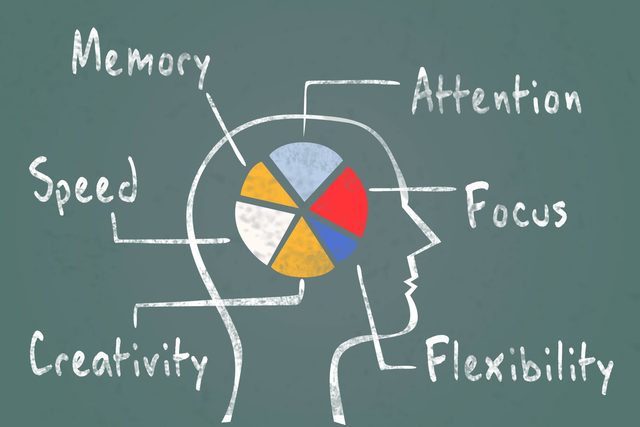How To Train Children To Concentrate?
A simple instruction, you have clearly said many times, but the child still ignores it, do you have a headache? Many children are disobedient because they cannot concentrate on listening, which is caused by a lack of attention.
If you find that your child is like this not only in front of you, but in front of everyone, it may not be because of a problem with your communication style, but because of a problem with your child's attention.
In fact, a child's concentration has a developmental process. At different stages, the time he can concentrate is different. With the increase of age, the child's concentration will continue to develop.
At the age of two, the child can concentrate for about 7 minutes; at the age of three, the child can concentrate for 9 minutes; at the age of four, the child can concentrate for about 12 minutes; at the age of five, this time increases to 15 minutes, which is close to a quarter of an hour.
This is why in kindergarten classrooms, teachers' teaching is mainly based on the play because it is difficult for children to concentrate for too long.
What Is Focus?
Concentration is the focus of consciousness. It is to focus on the subject and ignore the influence of the background.

For example, when we see a scene, we can immediately perceive what is the subject and what is the background.
Although it is difficult for us to concentrate 100% on the current task, concentration, like muscles, can be trained. Here are a few pointers on how to train your child's concentration:
1. Teach Children To Give Their Brains The Next Positive Command
We all know that any external stimulus can trigger a response in the brain, so anything that stimulates our sense organs can cause a child to be distracted.
So, focus not only on the brain, but on the eyes, ears, mouth, nose, and fingertips.
To learn to focus, you must learn to focus on one place. To be in one place, the first train to be in one place. How to be in one place?
To be in one place is to train children to control all their senses to focus on that one thing when they do one thing.

You can train like this:
When the child is ready to read, first keep the body upright, take a few deep breaths, and then give his brain an instruction to start reading, tell the eyes to focus on the words on the book, tell the mouth to read the words that the eyes see, and tell the ears At the same time, listen to the voice of your own reading, and tell your hands and feet to put your hands and feet in the right position and not move around.
In addition to the above actions, before reading an article, all other sounds, colors, smells, and objects cannot be heard, seen, smelled, or touched by themselves, and then start reading. At this time, all senses only focus on The words in the book can be placed in one place.
If it is difficult to train the eyes, ears, nose, mouth, and fingers at the same time, we can also train separately.
In the first week, train to control your hands, and when your hands are no longer moving, you can start training your eyes.
When your eyes, ears, nose, tongue, and body can only receive the stimulus from the thing you want to do, then your consciousness can focus on your subject, and in this way, you can achieve Heart is in one place.
2. Help Children To Be Aware Of Their Mind Wandering
Children may often lose their minds when training their senses.
At this time, we should accept the child's mind wandering without judgment, and then remind the child with kind words.
Acceptance means the beginning of change, and you have to take your child to accept your wandering mind. You can try to remind your child: "Ah, the little finger is a little happy, seems to have forgotten what he was doing, hurry up and call him back!"
This non-judgmental reminder will not arouse the child's disgust but will increase his enthusiasm for training.

Slowly, the child himself will begin to become aware of his wandering mind. This is a good start, and you can advise him to set a mind-wandering number for himself, as well as a goal of not being mind-wandering at each training session.
When you pick up your child from school every day, you can communicate with your child about your control over your body at school that day. Positive feedback will strengthen your child's enthusiasm for training.
With the practice of controlling the body's senses, the child's concentration will gradually improve. Be sure to offer specific and sincere compliments to your child each time there is progress.
You can praise him like this: "The brain is a really good commander. He can manage his hands, ears, eyes, nose, and mouth, and let them cooperate to help the master complete every task."
You can also invite the child to share his own feelings and gains, and you can also use video to record the child's progress every time so that the child can feel his own changes.
After many children go to primary school, parents hear the most feedback from teachers, that is, children cannot pay attention to lectures in class and cannot concentrate. There is no way to concentrate, which will directly affect the child's academic performance after the child goes to primary and secondary school.
If your child is reported by the teacher that he is unable to concentrate, and you find in your life that your child is often hot and hyperactive for three minutes, you may need to consciously train your child's concentration.
Post a Comment for "How To Train Children To Concentrate?"